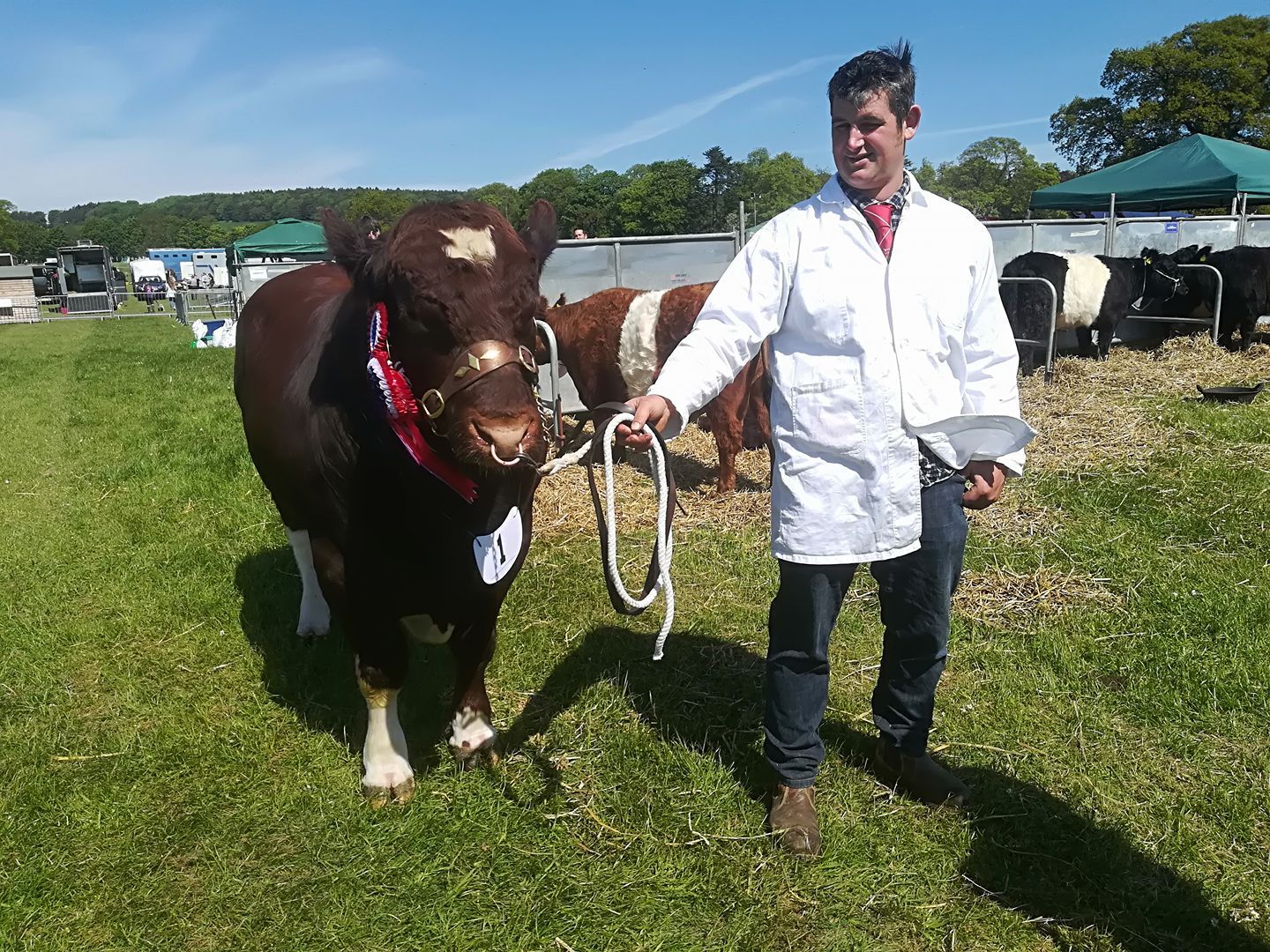
Pastures New
07 February 2019
Ally Marshall who joined Balcaskie in 2012 as stockman at North Baldutho has moved onto pastures new. He and his family have taken the plunge to move back to take a job closer to home near Forfar and to progress his career. We all wish Ally, Netty, Aron and Leona a very successful future. Recruiting now to fill the vacancy left is a tall order, but we are hopeful that we will succeed in finding someone with equal passion for stock and a willingness to learn as we progress our organic conversion and develop a resilient livestock enterprise which will thrive post Brexit and benefit the landscape, environment and customer alike.
The Oxford Real Farming Conference, now in its 8th year and focusing on sustainable farming systems and soil health is held at the same time as the traditional and established Oxford Farming Conference in early January. It was a great opportunity to gauge the mood within the industry, with the OFC overtaken in scale this year by the ORFC. Not only is this an indication that sustainable agriculture is no longer a peculiar concept, but that there is much interest in producing food in a way which enhances the environment we live and a belief that there is no longer a “food v’s environment” argument.
Not surprisingly, there is a lot of talk about agriculture’s part in greenhouse gas emissions, with the red meat sector being blamed for a high proportion of GHG emissions. Significant levels of research are proving that without livestock, the ability to capture carbon in soil (through grass building soil organic matter) from atmospheric carbon dioxide, will be severely detrimental to targets already set by world leaders for GHG reduction.
Over the past year, we have produced 866,000 kWh of renewable electricity and heat from the solar and biomass installations. However, we still consume over 1.8M kWh including diesel and heating oil. We are committed to reducing consumption with new technology and increasing production of renewable energy. At the same time, we are beginning to measure the carbon capture in our soils as a way of understanding how farming the way we do will help to mitigate climate change. The decisions we make now will take many years to become apparent, but given the climatic changes we are experiencing across the globe, land management plays a significant part in helping to reverse the trend.

